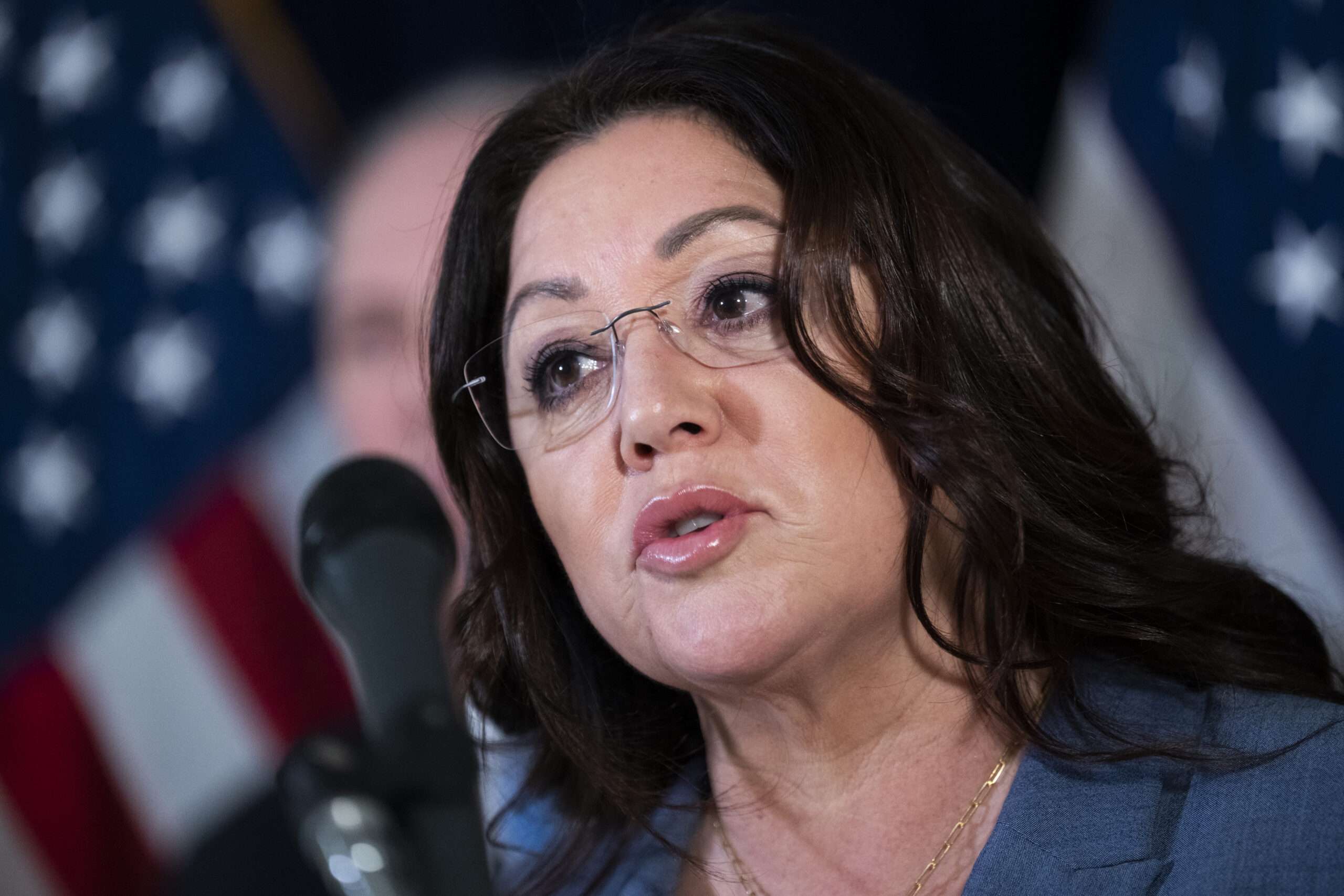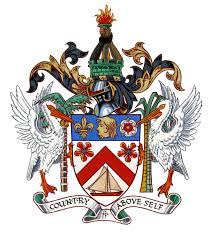Will Trump’s Choice for Labor Secretary Be a Major Victory for Public Sector Unions?
Rep. Lori Chavez-DeRemer, a Republican from Oregon, has emerged as a surprising candidate for Secretary of Labor in a potential Trump administration, reflecting a shift in the Republican Party’s stance toward labor unions. Chavez-DeRemer has previously collaborated with Vice President Kamala Harris and union leaders to promote a proposal aimed at overriding state reforms that restrict public sector unions’ power. This reputation as a pro-union Republican makes her an unconventional choice for the role, raising questions about her alignment with traditional Republican values, particularly in states like Wisconsin and Florida, where unions face limitations. Trump’s reported interest in her candidacy indicates a strategic acceptance of unions, suggesting that he may prioritize union support over traditional conservative stances.
Chavez-DeRemer’s alignment with labor unions is represented by her endorsement of the Protecting the Right to Organize Act (PRO Act), a comprehensive proposal that seeks to extend California’s independent contractor regulations nationally and abolish so-called “right to work” laws in 27 states. Her willingness to collaborate with labor organizations positions her as a unique figure in Congress, where her actions stand in contrast to many of her Republican colleagues. Furthermore, Chavez-DeRemer has shown support for the Public Service Freedom to Negotiate Act, which would grant public sector unions greater influence, significantly impacting states with restrictive labor laws. This legislative agenda could potentially shift the power dynamics of labor relations, reinforcing the authority of unions in Republican-led states.
The changing political landscape, particularly among union workers, has played a crucial role in shaping Chavez-DeRemer’s candidacy. Historically, union members were a solidly Democratic demographic; however, recent trends indicate a growing willingness among these voters to support Republican candidates. Trump’s ability to attract union support has been pivotal to his political success, making Chavez-DeRemer’s pro-union stance an intriguing choice for his labor policy strategy. Her potential appointment would challenge conventional Republican leadership, as it appears to signal a shift towards a more inclusive approach towards unions.
Chavez-DeRemer’s potential selection highlights a broader ideological debate about labor representation. Supporters, including labor leaders like Randi Weingarten, argue that her appointment would be an opportunity to reform labor policies and bolster workers’ rights. In contrast, critics argue that her proactive stance on union support undermines the principles of worker freedom established by right-to-work laws. This opposition is echoed by organizations like the National Right to Work Committee, which advocates for workers’ autonomy in union affiliation and financial support. This conflict points to the complexities of labor relations in a politically charged environment and reflects a critical moment for the Republican Party as it navigates its identity.
The significance of right-to-work laws in this discussion cannot be overstated. These laws protect workers from being compelled to join a union or pay dues against their will, representing a crucial battleground for labor rights across the nation. Advocates for these laws contend that they foster a competitive labor market that empowers workers by giving them the freedom to make personal choices regarding union involvement. On the other hand, proposed changes led by pro-union proponents like Chavez-DeRemer would challenge these laws, potentially restructuring the relationship between workers and unions on a national scale. This tension highlights divergent philosophies on how best to support American workers and their rights.
Ultimately, regardless of her union-friendly agenda, Chavez-DeRemer’s future political viability comes into question following her recent electoral defeat. Trump is now faced with the decision of whether to endorse her as Labor Secretary despite her loss, raising the stakes for her political future. Critics argue that her selection would send a mixed message to American workers about the administration’s stance on labor rights and union influence. As discussions surrounding her potential appointment continue, they underscore the evolving dynamics within the Republican Party and the broader implications for labor relations in the United States.
Share this content:









Post Comment